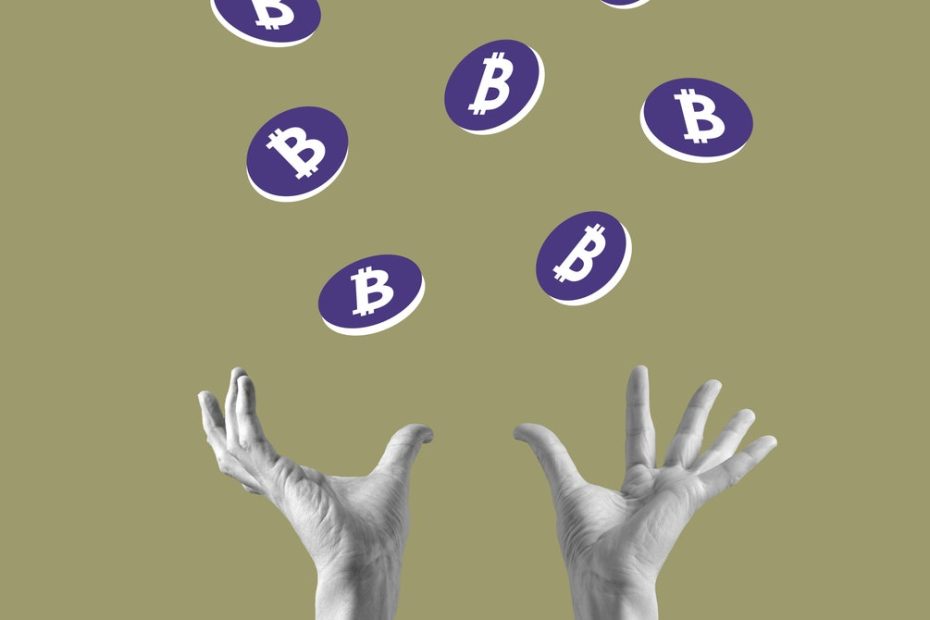In late February 2014, Daniel was sitting at his computer trading bitcoins on the Tokyo-based crypto exchange Mt. Gox. Suddenly, the website went white and became unresponsive. In a panic, Daniel looked for answers on the internet forum Bitcoin Talk, where there was already speculation that Mt. Gox was in trouble.
Daniel, who lives in Europe, was a university student at the time. After making some money trading bitcoins on Mt. Gox, he had put nearly all of his wealth on the exchange. When Mt. Gox went offline, Daniel says, he went into “full-on crisis mode.” He needed that money to fund the rest of his time in school.
On February 28 of that year, Mt. Gox filed for bankruptcy. Hundreds of thousands of bitcoins, worth about $400 million at the time, now $45 billion, had been stolen in an elaborate heist, the company said. It had virtually no remaining funds with which to process withdrawals.
Thus began a Kafkaesque ordeal for Mt. Gox customers, who have spent the past decade wading through a tortuous, bureaucratic corporate restructuring process in hopes of reclaiming the bitcoin they lost. WIRED spoke with eight former Mt. Gox customers, all but one of whom, like Daniel, asked to appear under pseudonyms to protect their financial privacy. They all told a similar story, one marked by confusion, repeated delays, and a maddening lack of oversight.
“The first few weeks were the worst,” says Daniel, who became depressed and began drinking during this time. Although he later received a loan to finish college, Daniel turned to credit card fraud for a time to replace the stolen money, telling himself that no harm would come to the individual cardholders, who were insured. After nearly being caught, he looked for a steady job, but by that point “he had pretty much given up on life,” Daniel says.
Ten years later, Mt. Gox customers are about to be reunited with their bitcoin. On June 24, the trustee in charge of administering the estate, veteran bankruptcy attorney Nobuaki Kobayashi, announced that crypto refunds would begin to trickle in from July. On Friday, the coins began to move.
In a highly unusual turn of events, Mt. Gox customers will actually benefit financially from their involvement in the bankruptcy. Because only a limited amount of bitcoin has been recovered, customers will only get back about 15 percent of the bitcoin they had on the exchange. However, the 100-fold price increase in the intervening period means that the dollar value of the coins will far exceed the value of their original stack. In total, about $9 billion worth of bitcoin will be returned. “I’ve seen the crypto universe rise, die, and rise again,” says Daniel. “I follow the bitcoin charts daily.”
The mountain Gox was started in 2010 by Jed McCaleb, an early bitcoiner from the US. McCaleb sold the exchange in 2011 to Mark Karpelès, a young French developer, under whom it became the largest in the world. In 2013, three quarters of the world's bitcoin trade was said to have gone through Mt. Gox.

